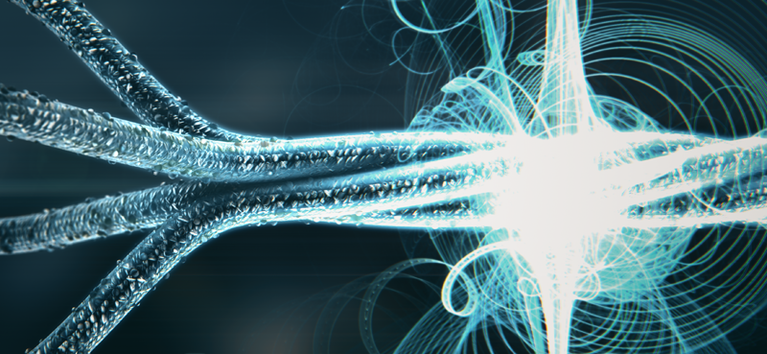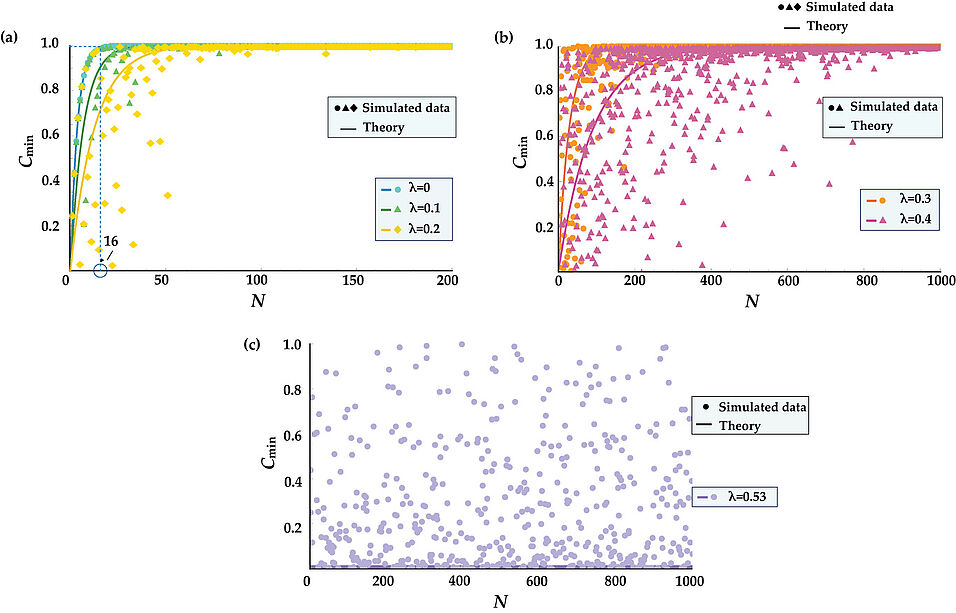Abstract
Although the realization of useful quantum computers poses significant challenges, swift progress in emerging quantum technologies is making this goal realistically approachable. In this context, one of the essential resources is quantum entanglement, which allows for quantum computations outperforming their classical counterparts. However, the task of entanglement detection is not always straightforward for several reasons. One of the main challenges is that standard methods rapidly become unfeasible when dealing with quantum states containing more than a few qubits. Typically, this is due to the fact that a vast number of measurements are needed on many copies of the state. Generally, it is not unusual to deal with a very limited number of state copies in experimental settings—in fact, this may be the case for many large quantum systems. In this article, an overview is provided of a probabilistic approach that enables high-confidence genuine multipartite entanglement detection using an exceptionally low number of state copies. Additionally, a study is presented that shows that this protocol remains efficient also in the presence of noise, thus confirming the practicality of the method for near-term quantum devices and its suitability for complex experimental settings.
- V. Saggio, P. Walther
Few-Copy Entanglement Detection in the Presence of Noise
Annalen der Physik (2022)

